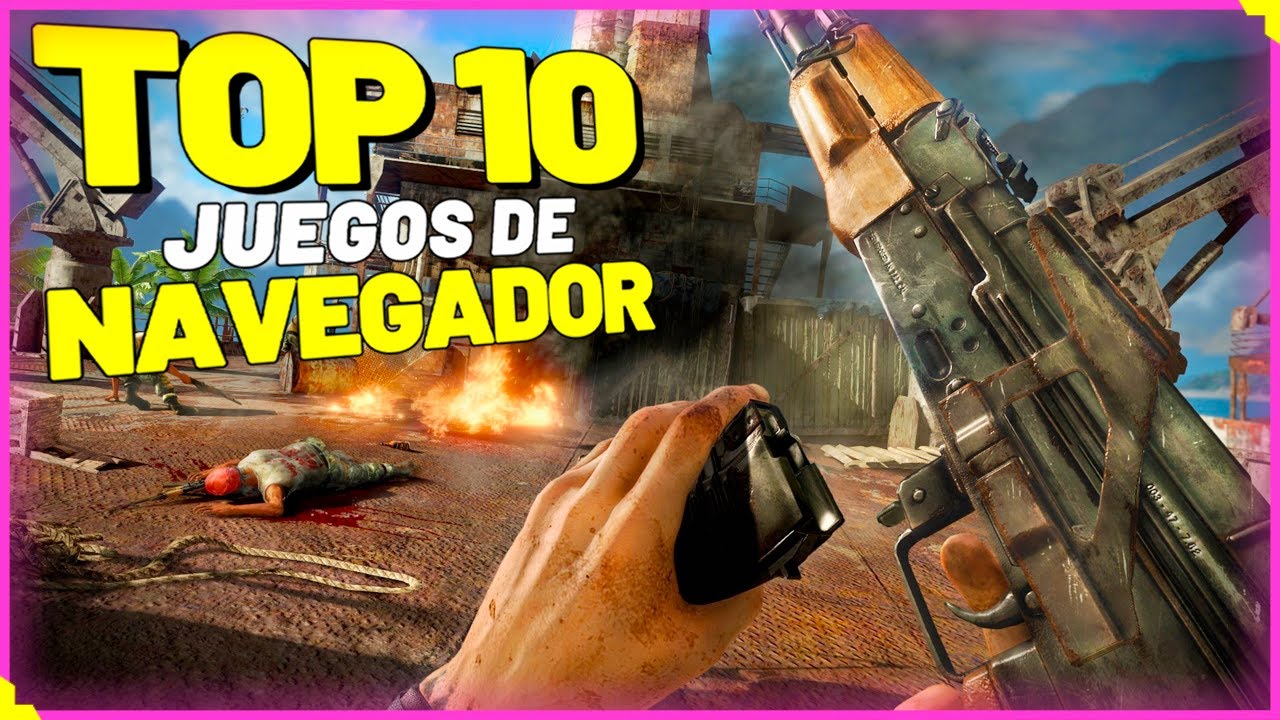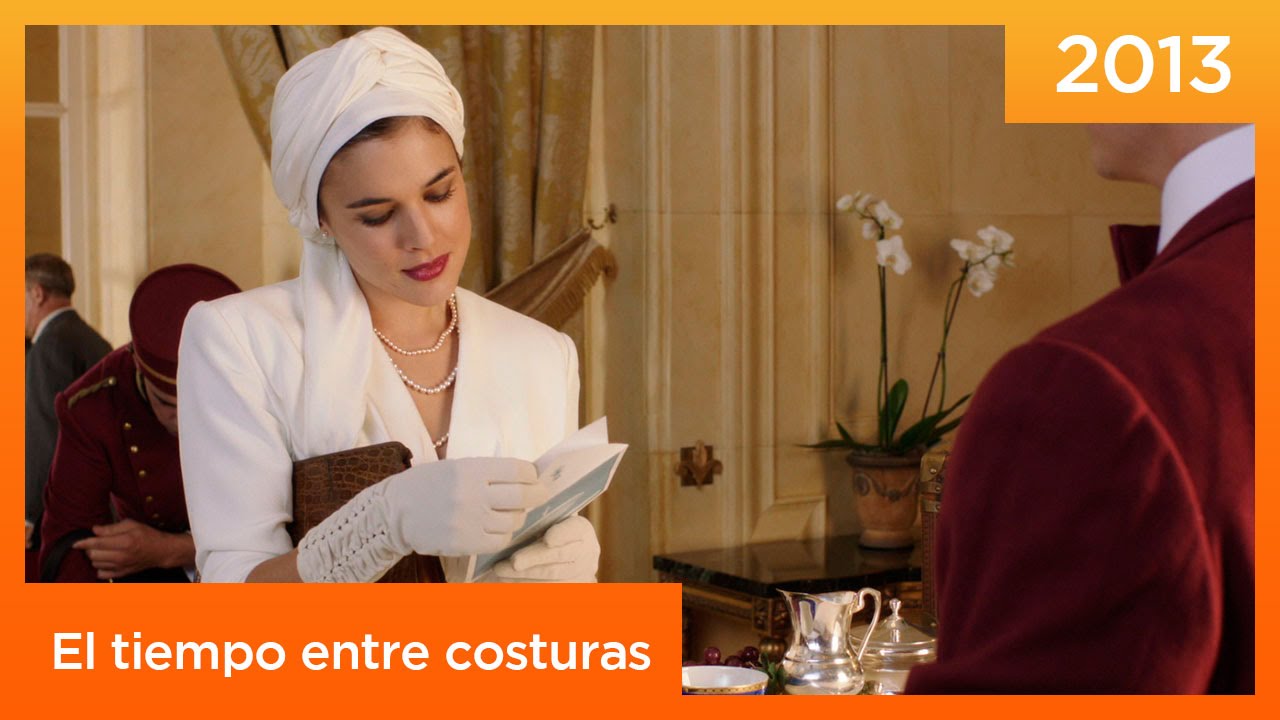Contenidos
Juegos loterias y apuestas del estado
Spanish national lottery
The commercialization of tickets for the participation in the lottery games is carried out through a commercial network of administrations and authorized establishments, as well as through the operator’s web page.
Euromillions is a draw carried out jointly by nine gaming operators from different European countries. Due to the fact that the draw is carried out at an international level, it is the game with the lowest chances of awarding a prize, but it is also the one that provides the highest prizes to its winners.
Quíntuple Plus is a traditional horse betting game. It consists of predicting the winning horse of five specific races. In addition to the winner of the five races, it is also necessary to predict which horse will come second in the fifth race.
The 20th century brought with it an increase in demand and public spending on lotteries and games of chance, which led to the creation of new games and sweepstakes. In 1924, the National Lottery Draw for the benefit of the Red Cross was held for the first time, which has been maintained to the present day. In 1932 the headquarters of Loterías moved to Montalbán Street in the capital.
Resultados de la lotería
La Sociedad Estatal Loterías y Apuestas del Estado (SELAE) es una empresa pública. Adscrita al Ministerio de Hacienda, se encarga de la gestión, explotación y comercialización de todo tipo de loterías y juegos de ámbito nacional o cuando excedan del ámbito de una comunidad autónoma.
Como empresa pública, fue creada en 1984 por la integración de los servicios que hasta entonces gestionaban los juegos del Estado -la Mutualidad de Apuestas Deportivas y el Servicio de Lotería Nacional- y fue reformada por última vez en 2010[2] Asume todas las competencias del Estado en materia de loterías, actividad promovida por el Estado desde 1763, cuando el rey Carlos III creó la Lotería Real. Desde 1812, también gestiona la Lotería de Navidad, el mayor sorteo de lotería del mundo.
Resultados euromillones
LOTERÍAS: La lotería es una modalidad de juego que consiste en la entrega de premios a los poseedores de un número o combinación de números y signos que figuran en un boleto o equivalente electrónico sorteado al azar en una fecha preestablecida o programa previo en el caso de la lotería instantánea o pre-sorteo.
Ambas entidades podrán comercializar los juegos mediante boletos u otros medios físicos o informáticos, telemáticos, telefónicos o interactivos de participación, directamente o a través de cualquier rama de su red comercial externa.
De acuerdo con las competencias otorgadas en los estatutos de autonomía de las distintas comunidades autónomas, éstas podrán autorizar la comercialización de productos de loterías dentro de su ámbito territorial.
En el ámbito territorial de Cataluña, y de acuerdo con las competencias otorgadas en el estatuto de autonomía de esta comunidad autónoma, la Entidad Autónoma de Apuestas y Juego a la Generalidad (EAJA) comercializa los productos de sus loterías en su ámbito territorial.
Previa solicitud del operador autorizado, la Consejería de Hacienda es la encargada de conceder las autorizaciones para la explotación, gestión, comercialización y, en su caso, modificación de los juegos de lotería cuyo ámbito de aplicación exceda del territorio español; concretamente para:
Loterias caixa
The commercialization of tickets for the participation in the Lottery games is carried out through a commercial network of administrations and authorized establishments, as well as through the operator’s web page.
Euromillions is a draw carried out jointly by nine gaming operators from different European countries. Due to the fact that the draw is carried out at an international level, it is the game with the lowest chances of awarding a prize, but it is also the one that provides the highest prizes to its winners.
Quíntuple Plus is a traditional horse betting game. It consists of predicting the winning horse of five specific races. In addition to the winner of the five races, it is also necessary to predict which horse will come second in the fifth race.
Initially confined to Cadiz and San Fernando, it later spread to Ceuta and all Andalusia, as the Napoleonic armies retreated. On February 28, 1814 the first draw was held in Madrid, since then the headquarters of the National Lottery tickets. The tickets were divided into quarters – instead of tenths -, each of which had a value of ten reales.





